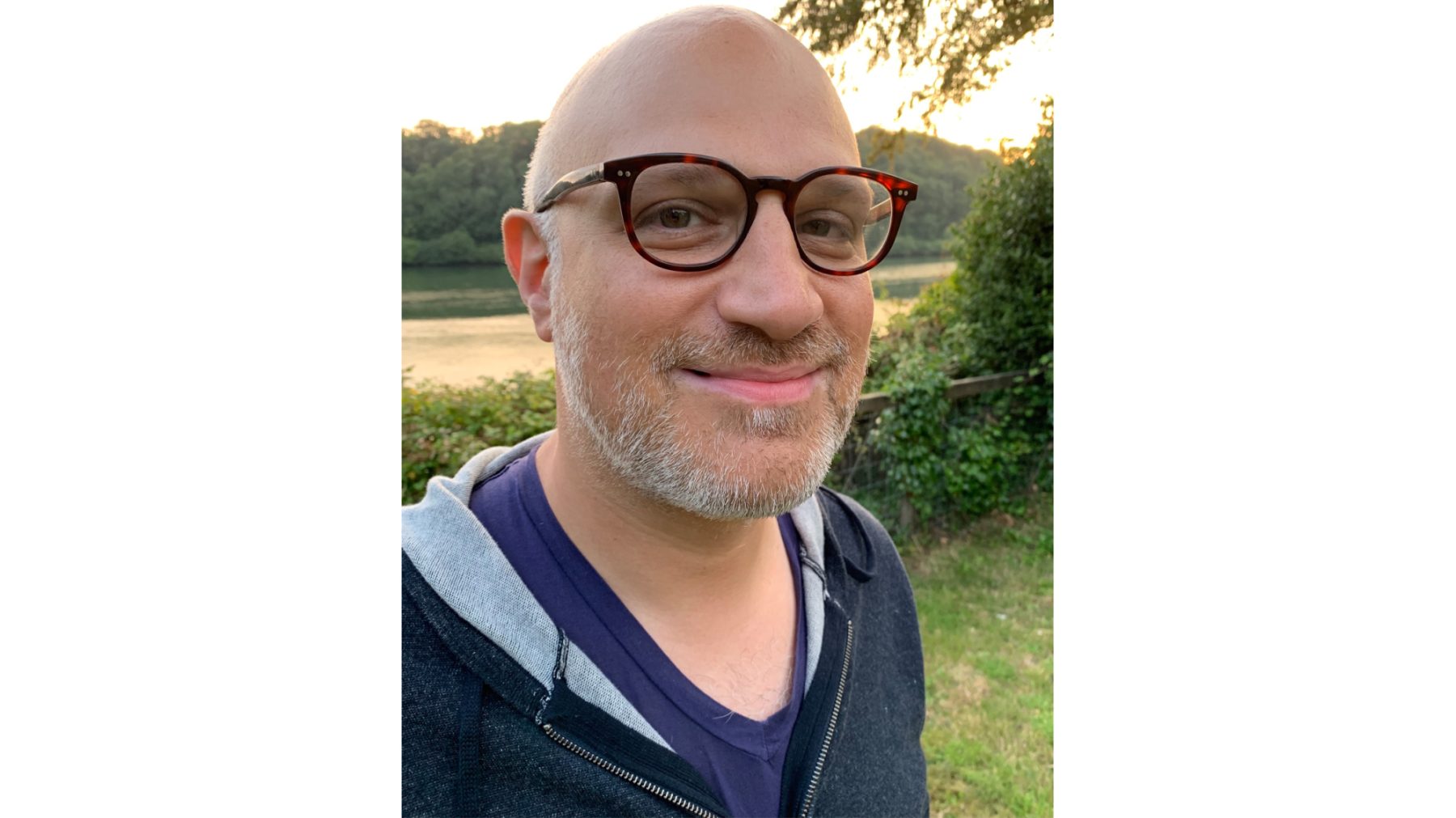This program happened on April 15, 2021.
Wanda Liebermann and David Serlin
The Carpenter Center for the Visual Arts, designed by Le Corbusier and built in 1963, is one of the most important examples of modernist architecture in the United States. Despite its radical design and the aspirational ideals embedded in its architecture, however, the building does not take into account the diversity of bodies that use its space. This problem is not unique to the Carpenter Center but common for buildings of its age. As we assess the ways we’d like the Carpenter Center to be more accessible to all in our community, scholars Wanda Liebermann and David Serlin will consider some of modernist architecture’s intersections with disability politics, as well as progressive approaches to modernism’s historic preservation and radical accessibility that put the two imperatives into animated, productive conversation.
Publication
For each of its virtual conversations from 2020-2021, the Carpenter Center published a limited-edition booklet with an edited transcript of the exchange, images, and biographical material. These booklets are available for free as digital downloads. During the time of online gathering, this publication series sought to serve as a material record of Carpenter Center programming and an art historical resource for future scholars and artists. All nine conversations have been compiled in the publication In Conversation, 2020–2021: Dialogues with Artists, Curators, and Scholars, available for sale in-person and online at the Carpenter Center Bookshop.
Wanda Katja Liebermann is an architectural and urban historian and Assistant Professor of Architecture at Florida Atlantic University. She is also a licensed architect with fifteen years of experience practicing in the San Francisco Bay Area. Her research focuses on theories and practices of architecture and urbanism in relationship to disability politics, examining how design shapes identity and citizenship. Her writing has appeared in the Journal of the Society of Architectural Historians, Future Anterior, and the Journal of Architecture, among others, and several edited anthologies. She is currently working on a book manuscript for Routledge called Architecture’s Problem with Disability.
David Serlin is an Associate Professor of Communication and Science Studies at UC San Diego and affiliated faculty at the Center for the Study of Social Difference at Columbia University. His research interests include historical and cultural approaches to disability, architecture, urbanism, and sensory design. His books include Replaceable You: Engineering the Body in Postwar America (University of Chicago Press, 2004), which was awarded the inaugural Alan Bray Memorial Book Prize from the Modern Language Association; Imagining Illness: Public Health and Visual Culture (University of Minnesota Press, 2010) and Window Shopping with Helen Keller: Architecture and Disability in Modern Culture (University of Chicago Press, forthcoming). He was awarded the 2020-2021 Rome Prize in Architecture from the American Academy in Rome, where he is currently in residence.

David Serlin. Courtesy of the speaker.
Generous support for Carpenter Center programing is provided by The Andy Warhol Foundation for the Visual Arts.

Archive
Explore more of our rich history through our archive.
